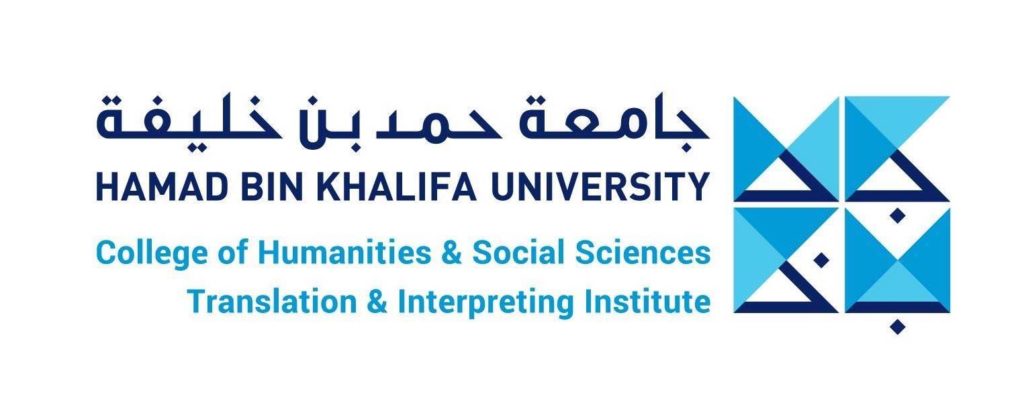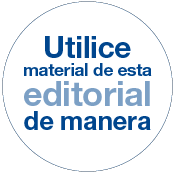Today, I want to share with you a fantastic project in which we were able to take part with our film Blues Time:
Thanks to Dr. Joselia Neves and the University Hamad bin Khalifa (HBKU), in Qatar, we had the chance to get our film translated, dubbed, subtitled and audio described to Arabic!

What a unique and enriching opportunity for us. We feel honored and grateful about this.

During Covid-19 confinement time, I had the chance to talk to some of the members of the team who made possible this version, in order to give you a closer look into how this was made possible.
Fatima Younis Alqawasmeh
In the words of Fatima Younis Alqawasmeh, one of the students who took part on the project:
It was a unique experience to work with my colleagues on such a remarkable film that has an enjoyable yet a complex plot. We spent time in analyzing each detail in the film to make sure that we deliver the best informative audio description and subtitles. Subtitling for the deaf and hard of hearing (SDH) was a bit challenging as we had to reduce the amount of words displayed on the screen in order to give the readers sufficient time to read. The most challenging part, yet exciting, was when writing the audio description. We spent most of the time and effort in tailoring the script as it was loaded with important information to be delivered to blind and visually impaired people. Symbols, graffiti, and colors were essential to be mentioned as they are the pillars in transferring the idea of Tiempo de Blues. I have a special feeling of gratitude for having such a great opportunity to apply what I have learned while studying Audiovisual Translation at Hamad bin Khalifa University (HBKU).
Dubbing and audio descripting in Arab
After talking with the team, I’ve noticed that the most challenging part for them was the audio description, and here is pictures of Ali, the person who provided the voice to it.


Rama Al-Zoubi
Now, I would like to introduce you to Rama Al-Zoubi. She didn’t just took part on the whole process, but also got a step forward and did Fa’s voice for the whole film. Here is a picture of her while she was dubbing.

Tiempo de Blues was not just an ordinary film like any other film. It was an exceptional and extraordinary project that I have lived with for several months. I was a part of the team who trans adapted Tiempo de Blues and I played the role of the little girl “Fa” and I could feel Fa in every word and in every emotion. Also, I felt Fa’s silence which was powerful and delivered a lot of feelings. I also conducted a case study for my Master thesis which discussed Audio description for the sighted viewers in which I found that Audio Description reinforced the visuals and expressed what the visuals were not able to deliver in the same way, such as the descriptions of the reactions and emotions. The participants also expressed their interest in repeating the experience of watching an audio described film.
I really feel so honored by Rama’s interest on conducting a case study on the film! That was like the cherry on top of the whole experience.
By the way, her counterpart on the film was Jihad Saber, who played the character Jay. Let’s take a little sneak peak at the dubbing sessions with him!
Areej Alnatsheh
Moving on to introduce you to more members of the team, here is a picture of Rama with another Areej Alnatsheh, who we also got the chance to interview.

Working on the movie’s accessibility was a very tricky yet interesting task. Although the Arabic language has a vast sound description adjectives, and for the SDH specifically, it was sometimes hard to find the appropriate sound description, because they were either used for specific contexts, or that they are very formal and not known to the everyday reader. Thus we opted for more general terms at times, and more context-appropriate descriptions at times. Preparing the AD was fun, we explored the Arabic vocabulary, and we even learned new adjectives, that are precise and very descriptive to the situation, keeping the time restrictions in mind. In addition, preparing the AD allowed me to pay more attention to tiny details, which I looked past the first time watching the movie. All in all, this experience was enriching to me in the first place, and hopefully enriching and accessible to every movie goer, disabled or able, equally.
So, that’s it for today! I hope we get the chance to go to Qatar and premiere this version of the film, as it was planned before Covid-19!
In the meantime, stay tuned for more information and secrets behind this inclusive film!








